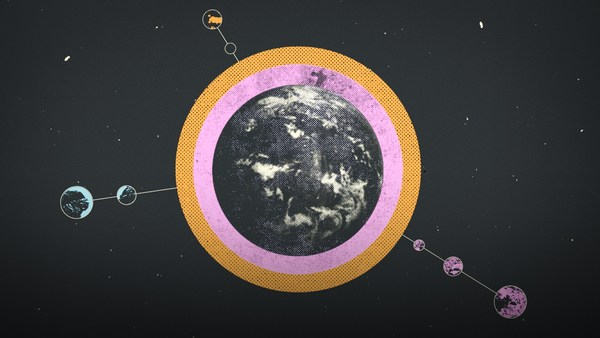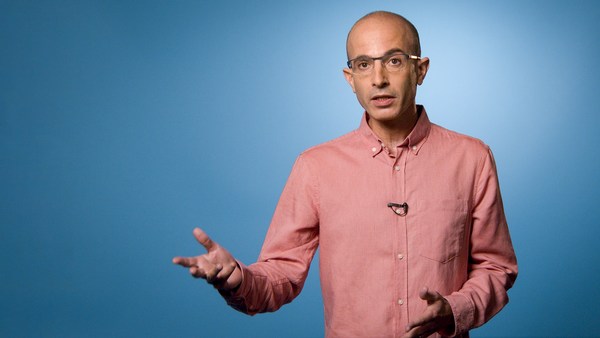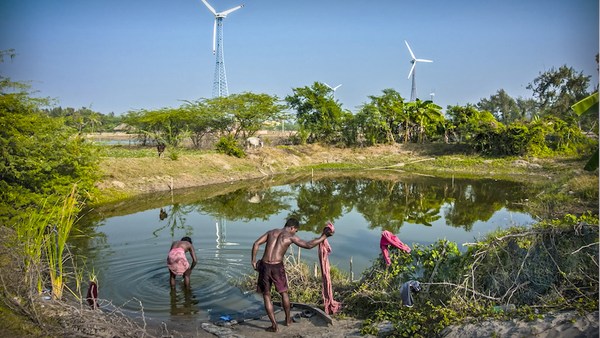Throughout the world, we find ourselves faced with self-inflicted and interconnected problems that challenge our social fabric, our economic security and the very ability of the Earth to sustain us. We're certainly not short on solutions to address these problems. But we often get caught up in arguments against one another vying for supremacy instead of deciding on a course of action.
How can we move forward? It begins by acknowledging the difference between choices and dilemmas. Some decisions come down to choice. You weigh the alternatives, decide and move on. But often complex situations need both/and thinking instead of either/or. They require us to hold competing values together rather than make straightforward choices. We call these dilemmas.
For example, there exists in any company a tension between short-term profit and long-term investment. Pursuing profit alone comes at the expense of future adaptation. But long-term investment alone ignores present needs. Both are essential, even if they're sometimes in opposition. This is the nature of a dilemma. If one side prevails, the other side will ultimately bring about defeat.
Often in a dilemma, you’ll find a fixed value, strongly protected and considered the foundation of success, like short-term profit. We call this fundamental priority the rock. On the other side of a dilemma, there is a dynamic and unpredictable value, like an organization's shifting culture, environmental impact or new technologies. We call this value the river. Less tangible, more fluid, but essential to navigate for long-term success and survival. To unlock progress in dilemmas, we need to stop holding these values in opposition and bring them together in a space of listening, creative exploration and cooperation.
We can combine the best of both worlds in what we call the resolution zone, shifting focus from one to the other in a dynamic and ongoing dilemma dance. And as we embark on this journey towards the resolution zone, we can also think through other outcomes or zones to avoid. There are the lopsided and top heavy zones where one value is overemphasized at the expense of the other. There's the zone of diluted compromises where we avoid the dilemma or deny its existence entirely. And there’s the conflict zone, with its waste of resources and goodwill.
We can see these patterns at work in many of our emerging planetary crises. The transition to new energy, food and transport systems, for instance, all demand that we meet our current needs while also adapting towards a more sustainable future.
Dilemma thinking invites us to take situations where we're stuck between opposing values and to create a space where both have something to contribute, not by compromise or zero-sum thinking, but by bringing all voices into the room on a journey to a better future. If we apply this framework to our most pressing challenges, we can chart a path forward together acting on our values in fresh ways, in a space of shared action.


